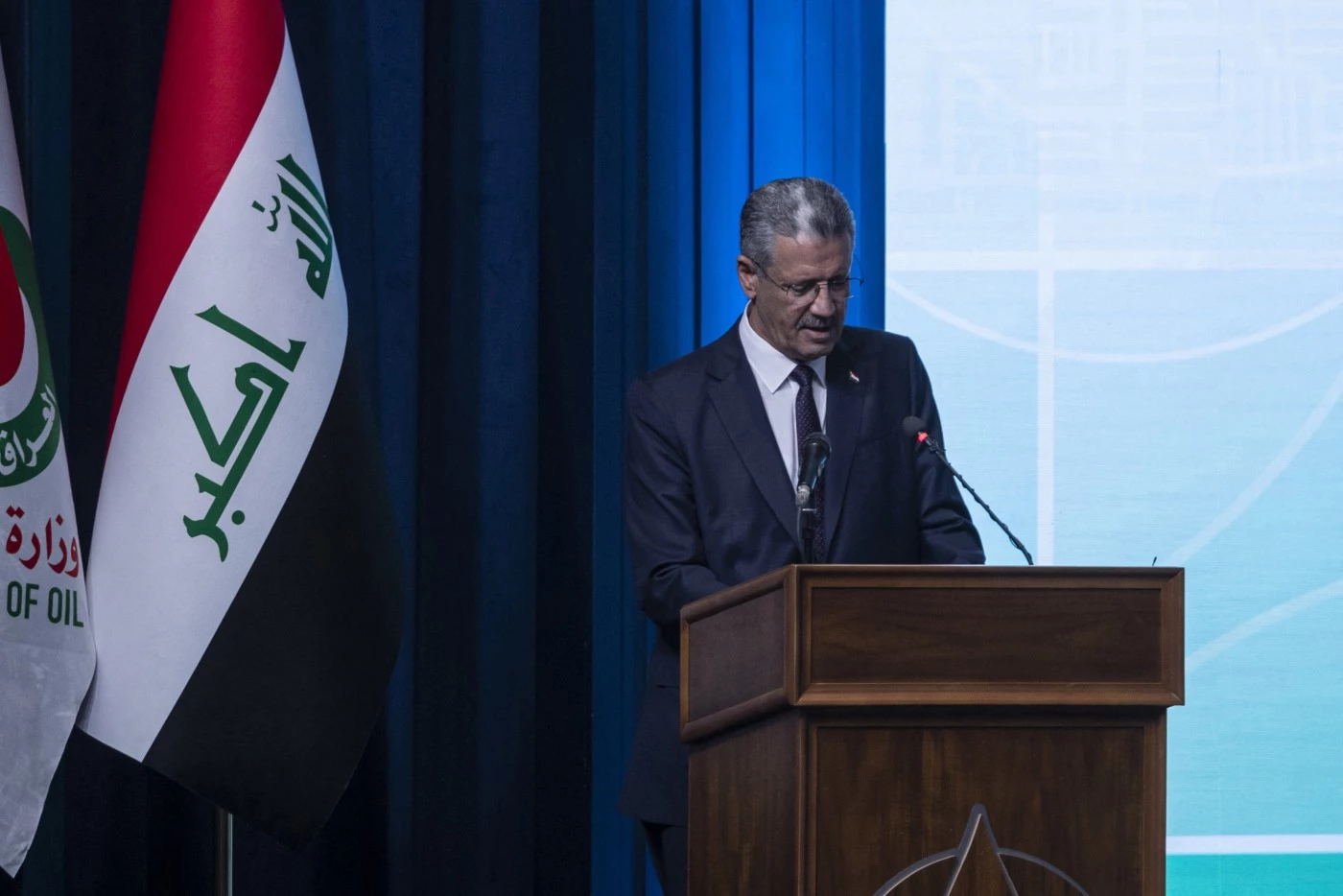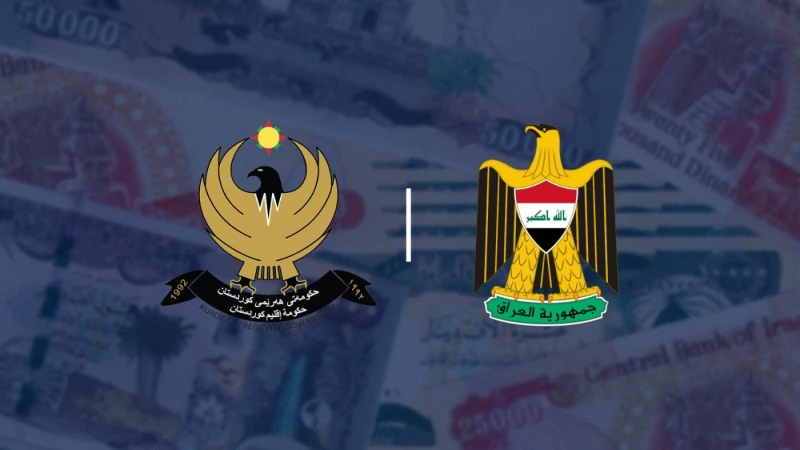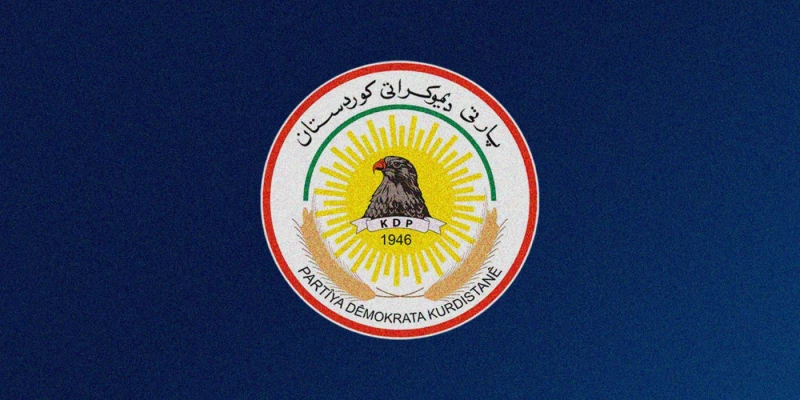ERBIL, Kurdistan Region of Iraq – The amount of oil required for the Kurdistan Region’s local consumption needs is one of the only points remaining to be agreed upon between the Kurdistan Regional Government (KRG) and the Iraqi government in an ongoing dispute regarding the Region's funding and oil exports, Iraqi Oil Minister Hayyan Abdul Ghani said Saturday.
The Iraqi budget stipulates that the KRG must hand over 400,000 barrels per day to the federal government, Ghani told state media, adding that an amendment was made to the budget law, facilitating the delivery of this amount with the cost of production per barrel set at 16 US dollars in advance before a consulting firm investigates each field and determines the cost of production.
Ghani added that this agreement was proposed to the KRG, and “there was genuine approval of it from all parties, as it was presented to parliament, and all members of parliament approved this amendment, and we demanded that the Region implement it."
The oil minister noted that Iraq has set the Kurdistan Region’s local consumption needs at 46,000 barrels per day; the KRG, however, insists that they need 65,000 barrels to meet internal requirements. “We have agreed on almost all the clauses except this one,” Ghani said.
Exports of the Kurdistan Region’s oil through the Turkish Ceyhan pipeline, where part of Kirkuk’s oil was also exported, were halted in March 2023 after Ankara lost a case against Baghdad in a Paris-based arbitration court. The case accused Ankara of breaching a 1973 agreement by allowing Erbil to start selling oil independently of Baghdad.
The halt in oil exports and years of conflict and unresolved issues between Erbil and Baghdad, in addition to economic sanctions and pressure on Erbil by federal authorities, have pushed employees in the Region to live from paycheck to paycheck.
“From our side, as the federal government, we have informed the Turkish and Kurdish sides of our readiness to receive and export this quantity. I was in a meeting with the Turkish Minister of Energy. Turkey is ready to resume oil exports through the Iraq-Turkey pipeline to Ceyhan, but we are waiting for our brothers in the Region to deliver this quantity of oil so that it can be exported,” Ghani said.
In a letter addressed to the KRG in late May, Iraqi Finance Minister Taif Sami said that they are “unable to continue funding the Region,” arguing that the Region has already exceeded the 12.67 percent of the annual budget it is entitled to, totaling 13.5 trillion dinars.
The issue has persisted despite numerous meetings since then to come to a solution between the two sides, the latest of which was a Kurdish delegation that returned to Erbil on Monday after striking a deal with Iraqi authorities to resolve financial issues between the two sides.
The recent suspension of salaries has sparked outrage among the Kurdistan Region’s public as well as the officials and politicians of the Region, who have decried the decision as “political.” The halt in salaries has led to a lawsuit filed against the finance ministry by the Region’s civil servants at the Federal Supreme Court in early June.


 Facebook
Facebook
 LinkedIn
LinkedIn
 Telegram
Telegram
 X
X



